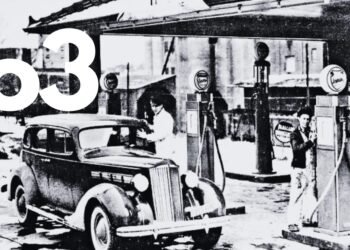Yianni Charalambous, owner of luxury vehicle wrapping workshops in England, is on a mission to legalize the Tesla Cybertruck for driving on UK roads. If successful, this would be the first Cybertruck allowed on British roads, joining the rubberized Cybertruck that was recently legalized for use on Czech roads through the fitting of skinny bumpers over its sharp edges.
However, this move has been met with criticism from road safety organizations, who are concerned about the minimal alterations made to the Czech Cybertruck in order to pass an individual vehicle approval (IVA) test. This test is one of the ways to legalize low-volume imported cars in the EU, and US automotive design standards are known to be more lax compared to those in Europe.
In Europe, manufacturers must meet tough safety-first rules before mass-market “type approved” cars can be registered for use on public roads. Despite Brexit, the UK still follows European type-approval motoring standards for mass-market cars, as well as adhering to IVA rules for exotic imports. However, the UK is not yet signed up to the EU’s vehicle safety measures contained in the General and Pedestrian Safety Regulations (GSR), which require all new cars in the EU to be fitted with automated emergency braking systems, intelligent speed assistance, and other safety technologies.
One major obstacle for the Cybertruck’s legalization in Europe and the UK is the long-existing EU-wide pedestrian-safety directive, which prevents the sale of passenger vehicles with sharp external projections. This is a problem for the Cybertruck, as its sharp paneling and angular front end do not comply with European safety standards.
Despite these challenges, Charalambous remains determined to legalize his recently-bought Cybertruck for use on British roads. He has already started customizing it, despite it not being legal yet. He believes that if he is successful in getting it registered with English number plates, there will be an influx of these cars in the UK.
However, the process will not be easy. The Cybertruck will have to pass a fiendishly difficult IVA test, which is administered by the UK government’s Driver and Vehicle Standards Agency (DVSA). Only 14 out of 21 IVA test centers in the UK are able to evaluate the Cybertruck, due to its weight.
In conclusion, Yianni Charalambous is determined to make the Tesla Cybertruck legal for driving on UK roads, despite the challenges and criticisms he may face. If he is successful, it will be a major milestone for the Cybertruck and could potentially pave the way for more of these futuristic vehicles on British roads.



















